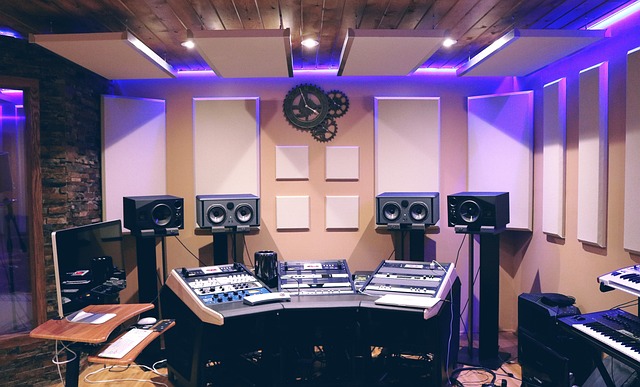Exploring the World of AI-Generated Voice Acting
As technology continues to advance, the potential of AI-generated voice acting is becoming more evident in various industries. The ability of AI to mimic human voices with great accuracy opens up a world of possibilities for content creators and businesses looking to enhance user experiences. From video games to virtual reality simulations, AI-generated voice acting offers a cost-effective and efficient way to produce high-quality audio content.
Moreover, the versatility of AI-generated voice acting allows for customization and personalization on a scale that was previously unattainable. With AI, different accents, tones, and languages can be generated effortlessly, catering to a global audience. This not only saves time and resources but also ensures that the final product resonates with a diverse range of listeners, enhancing engagement and immersion.
Understanding the Technology Behind AI-Generated Voice Acting
AI-generated voice acting is a cutting-edge technology that utilizes complex algorithms to recreate human-like speech patterns. The process involves training the AI model with vast amounts of voice data to generate realistic and natural-sounding voices. By analyzing characteristics such as intonation, pitch, and cadence, the AI can produce speech that closely resembles that of a human voice actor.
One key component of AI-generated voice acting is natural language processing (NLP), which enables the AI to understand and interpret spoken language. Through deep learning techniques, the AI can accurately convey emotions, accents, and nuances in speech, making it a versatile tool for various applications. As advancements in AI technology continue to evolve, the possibilities for AI-generated voice acting in industries such as entertainment, advertising, and customer service are vast and promising.
AI-generated voice acting utilizes complex algorithms to recreate human-like speech patterns
The process involves training the AI model with vast amounts of voice data
Characteristics such as intonation, pitch, and cadence are analyzed to produce realistic voices
Natural language processing (NLP) is a key component in AI-generated voice acting
Deep learning techniques enable the AI to accurately convey emotions, accents, and nuances in speech
AI-generated voice acting has promising applications in industries like entertainment, advertising, and customer service
Benefits of Using AI-Generated Voice Acting in Different Industries
AI-generated voice acting is revolutionizing various industries by providing unparalleled benefits in terms of cost-efficiency and flexibility. With AI technology, companies can easily create customized voiceovers for advertisements, video games, audiobooks, and more, without the need for hiring expensive voice actors. This not only saves money but also speeds up the production process, allowing for quicker turnaround times and increased productivity.
Moreover, AI-generated voice acting offers a high level of scalability, making it ideal for industries requiring multilingual support or multiple voice variations. Companies can effortlessly localize their content and reach a wider audience by generating voices in different languages and accents. This versatility allows businesses to adapt quickly to changing market demands and maintain a competitive edge in a globalized world.
How does AI-generated voice acting work?
AI-generated voice acting uses machine learning algorithms to analyze and mimic human speech patterns. It can generate realistic voices that sound natural and expressive.
What are some industries that can benefit from AI-generated voice acting?
Industries such as gaming, animation, e-learning, customer service, and film production can benefit from using AI-generated voice acting to save time and resources.
Can AI-generated voice acting replace human voice actors entirely?
While AI-generated voice acting can be highly realistic, it may not be able to capture the full range of emotions and nuances that a human voice actor can. It can, however, be a cost-effective and efficient alternative for certain projects.
How accurate is AI-generated voice acting in different languages?
AI-generated voice acting technology is constantly improving and can now generate voices in multiple languages with varying degrees of accuracy. As the technology advances, we can expect even greater accuracy in the future.
Are there any ethical concerns surrounding the use of AI-generated voice acting?
One concern is that AI-generated voice actors could potentially replace human voice actors, leading to job displacement in the entertainment industry. It is important for companies to consider the ethical implications of using this technology.






